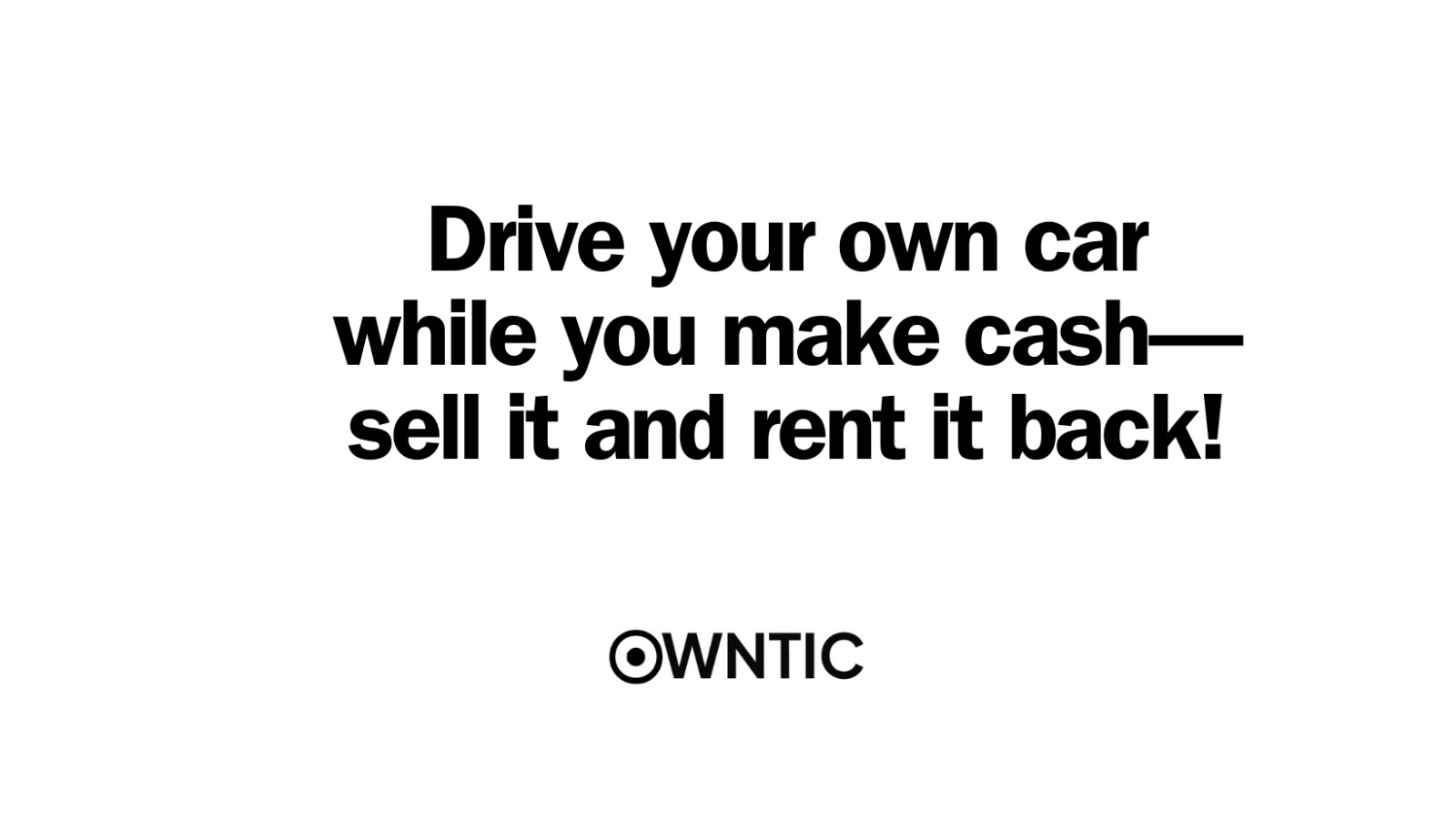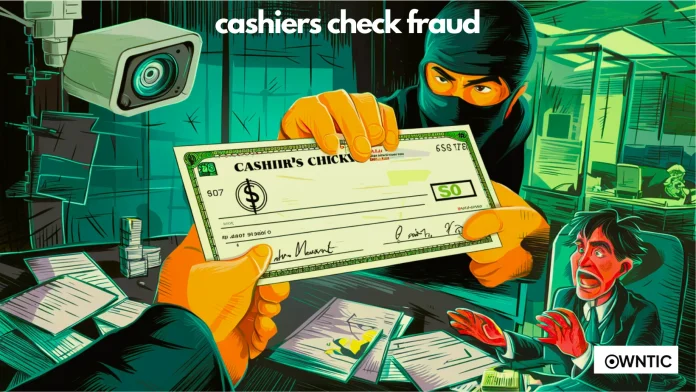Scammers exploit trust in cashier’s checks to steal money. It’s tough to spot fake checks, and banks must make funds available quickly, even if the check hasn’t cleared. But when it bounces, you’re responsible for the amount.

Know your business partners. Verify buyers’ information independently.
Use safer payment methods online, like escrow services.
Never accept checks for more than your selling price, especially from strangers.
Request cashier’s checks from local banks if possible.
Confirm check authenticity with the issuing bank before relying on it.
Cautionary Steps:
Don’t act until you’re sure payment is legitimate.
Be wary of pressure to act quickly or send funds via wire transfer.
If a deal sounds too good to be true, it probably is.
Save all documents for reference.
If Victimized:
Contact the issuing bank immediately to report the check and verify its authenticity.
Notify relevant authorities: FTC for general scams, FBI for internet-based scams, and USPS for mail-based scams.
If unable to resolve the issue with your bank, seek assistance from the Office of the Comptroller of the Currency.
Stay vigilant to avoid falling victim to fraudulent schemes involving cashier’s checks.
Thanks for reading



